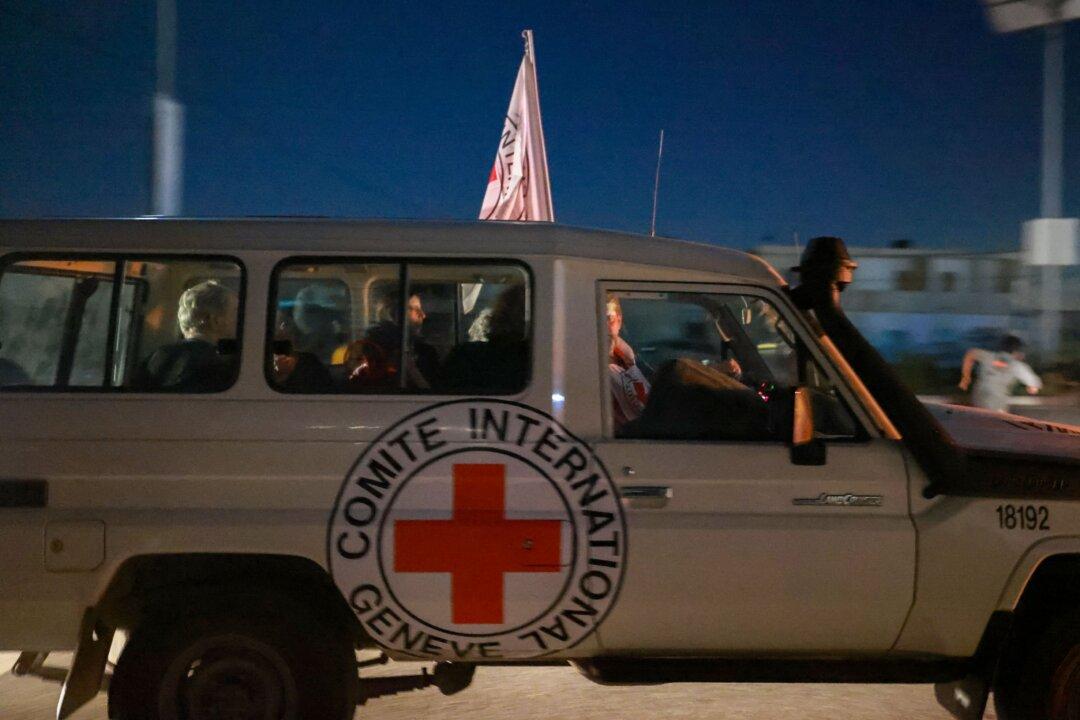Hamas on Friday released the first group of hostages as part of an agreement between the terrorist organization and Israel amid a ceasefire. In exchange, Israel released the first 39 Palestinians from its jails later in the day.
The Israeli Defense Forces (IDF) said in a statement that the Israeli military is currently “with the released hostages,” who underwent “an initial medical assessment inside Israeli territory.”





